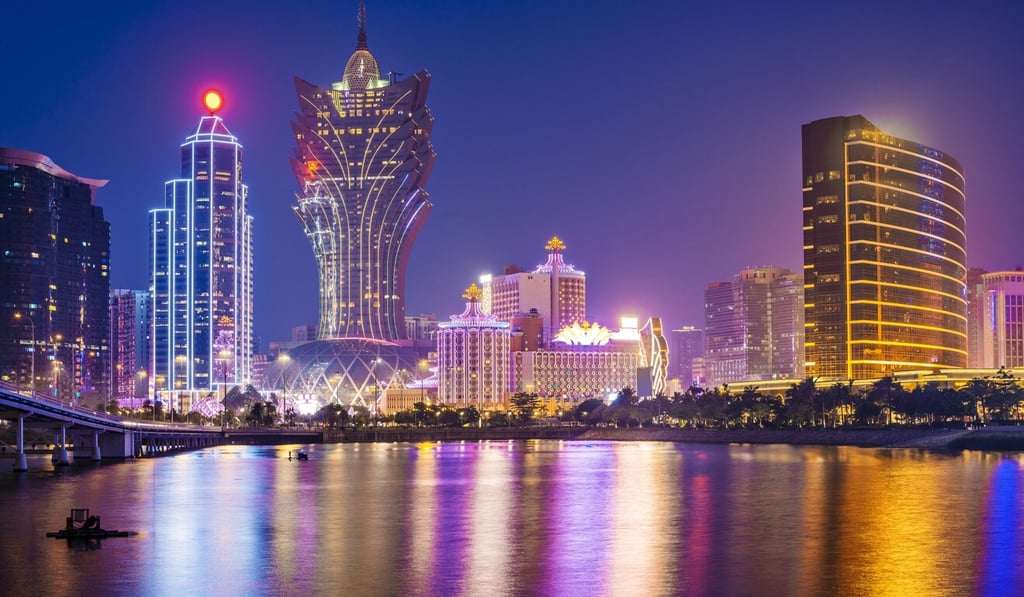Editorial | Beijing’s latest plan puts ball squarely in Hong Kong’s court
- The central government has offered this city – and Macau – an enormous opportunity to further integrate with the mainland; the question now is: are we up to the challenge?

Beijing’s latest push for the economic integration of Hong Kong and Macau with the mainland takes radically different approaches to furthering “one country, two systems” that reflects the development of the two cities.
Macau will be able to expand and diversify its gaming-dependent economy through dual leadership with Guangdong province of the neighbouring Hengqin Island cooperation zone, including governance over its economic affairs and the right for its residents to work there.
The expansion of Macau’s role covers an area the size of Hong Kong. The proposal for Hong Kong, already a mature global financial and commercial hub, focuses on providing unlimited growth opportunities in the nearby Qianhai economic zone in Shenzhen, which is to be enlarged eightfold in coming years from 15 to 120 sq km, without giving it a role in governance.
Macau will serve as a showcase for extending the one country, two systems principle. The Hengqin zone will focus on hi-tech development and industries such as integrated circuits, new energy, artificial intelligence and big data, including a key role in cross-border data security, enhancing connections with Portuguese-speaking countries and the development of traditional Chinese medicine.

The Qianhai plan allows Hong Kong more room to pick and choose opportunities. This will test the willingness of its government and businesses to open up and deploy their appetite for risk and enterprise beyond familiar boundaries and business relationships.
